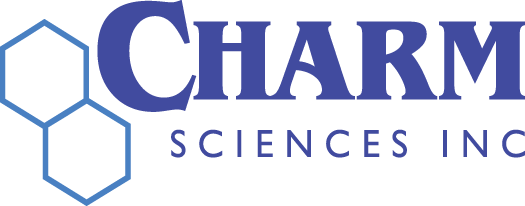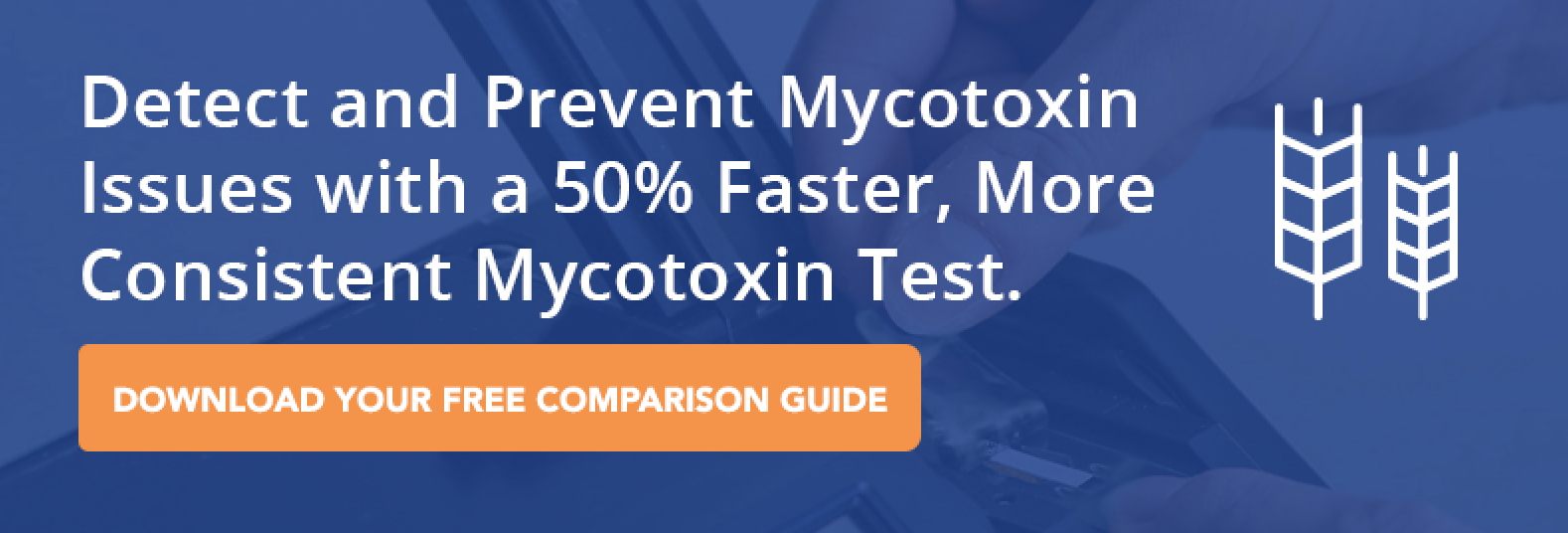Ochratoxin Tests
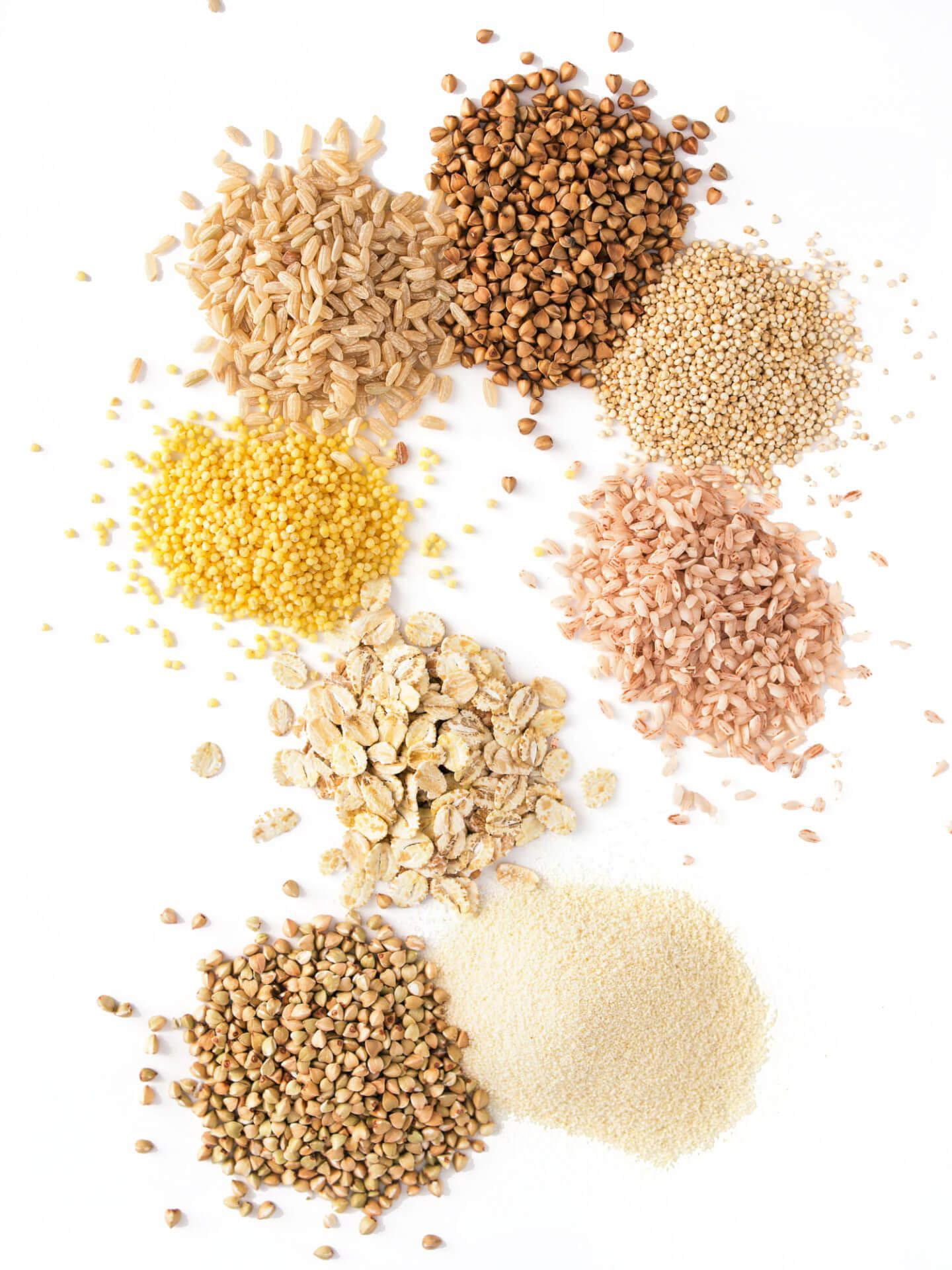
Ochratoxin presents risks to food safety similar to other mycotoxins. When ingested through contaminated food, this toxin represents a risk to animal and human health. It is immunosuppressive, mutagenic, carcinogenic, and cytotoxic. As a result, various industries worldwide are increasing regulations to protect consumers from the harmful effects of ochratoxin intake.
For instance, the European Union established guidance levels for feed and maximum levels for food, and China instituted permissible ochratoxin levels in feed. Other countries such as Indonesia, Singapore, Korea, and Malaysia have also established regulations.
Learn more about OCHRAQ-G Test or use our Mycotoxin Search Tool to find the right test for you.
Benefits Include:
- USDA-FGIS Approved
- Results in 3-5 minutes
- Most validated commodities
- One extraction for multiple toxins
- On-site support
- No back orders
What Is Ochratoxin?
Ochratoxin is a mycotoxin produced by the molds Penicillium and Aspergillus and is known to cause nephropathy in farm animals.
Ochratoxins are potent fungal toxins that affect processed and unprocessed feed and food mainly under humid, hot storage conditions — specifically, temperatures above 68ºF and moisture levels above 14%.
There are several types of ochratoxin. The ochratoxin most dangerous to health and commonly found in foods is ochratoxin A (OTA), which infects a wide range of raw and processed foods.
Ochratoxin A is a naturally occurring toxin caused by molds, such as Penicillium verrucosum and Aspergillus ochraceus fungi.
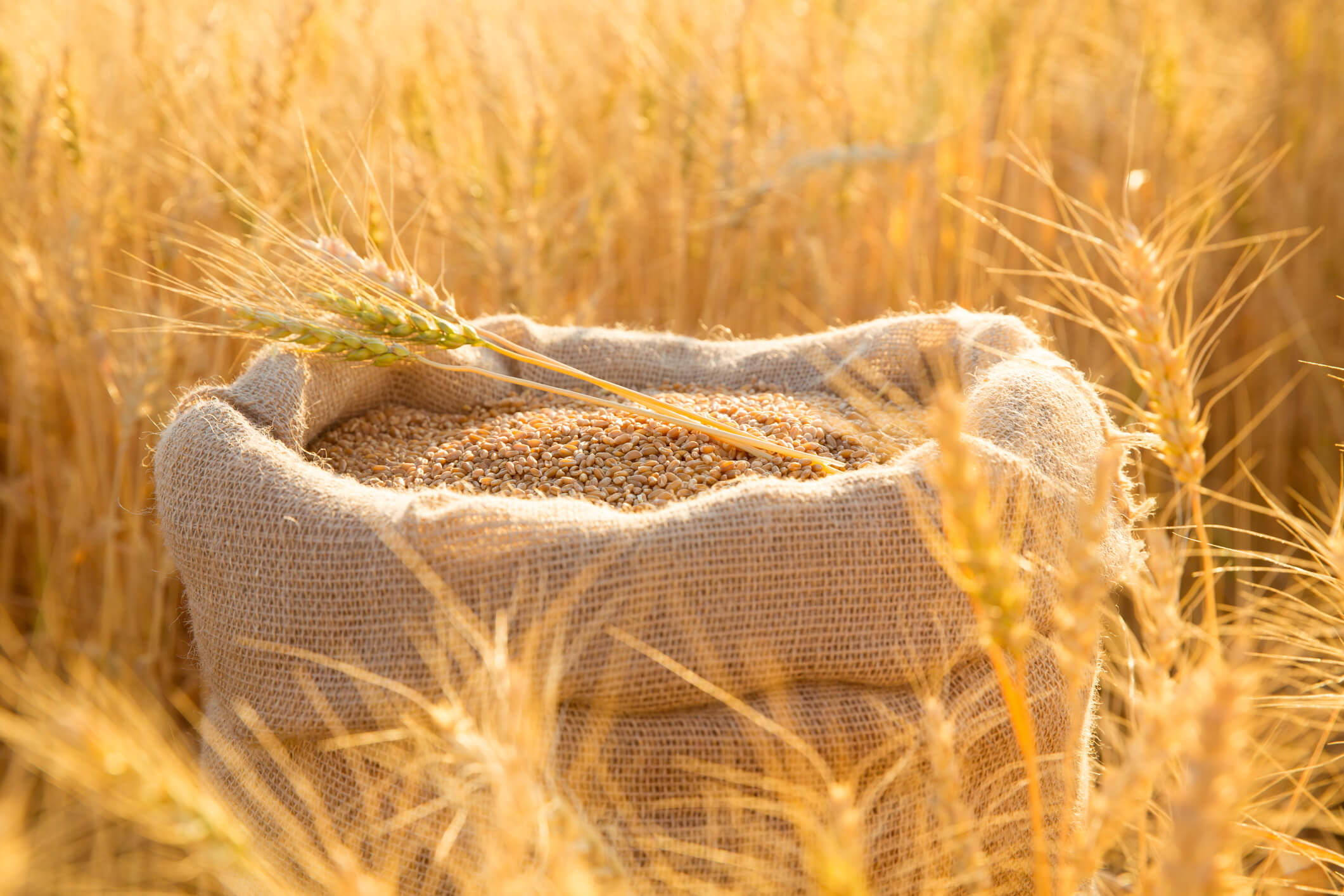
What Are the Harmful Effects of Ochratoxin?
Ochratoxin has severe effects on animal and human health.
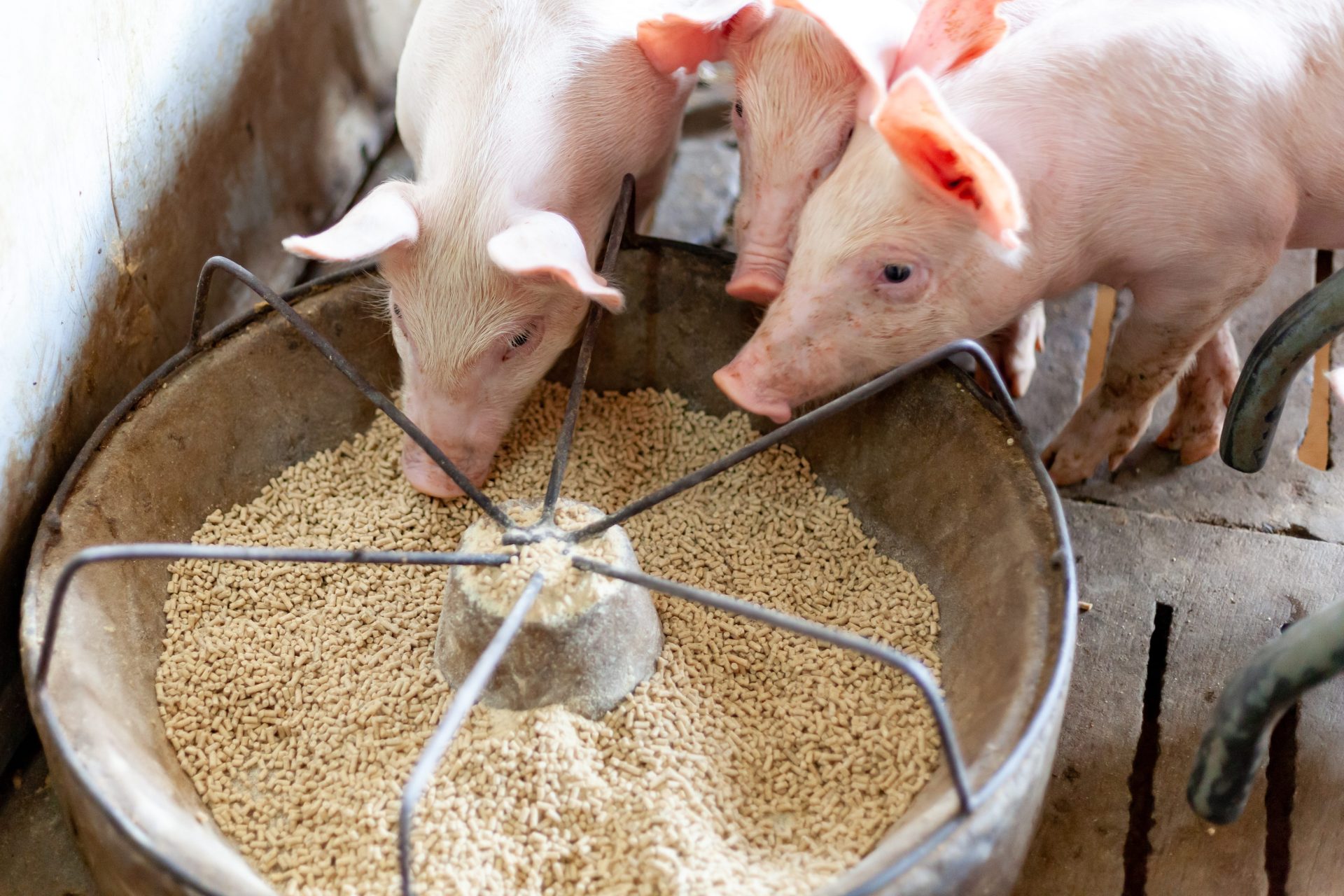
In animals, ingesting feed contaminated with ochratoxin is linked to endemic nephrotoxicity and carcinogenicity of the kidney. Pigs are especially vulnerable to ochratoxin.
Human exposure to ochratoxin occurs through the ingestion of infected foods or indirectly through the consumption of animals or animal byproducts. Once ingested, the toxin stays in the liver for 35 days or more. Ochratoxin A exposure may cause liver damage, as well as Balkan endemic nephropathy (BEN) — a type of kidney disease.
Symptoms of ochratoxin exposure can include diarrhea, tremors, and listlessness. At high levels, it causes cancer leading to tumors in the kidneys.
Why Should You Test for Ochratoxin?
Testing for ochratoxin helps reduce the health risks associated with this mycotoxin.
Ochratoxin is particularly important to identify in storage because it is fat-soluble. Any animals who consume grains contaminated with ochratoxin, especially swine and poultry, will accumulate the toxin in their organs. If not detected, the toxin can eventually find its way into the food and feed supply.
Infected animals also lead to a substantial economic loss in terms of livestock.
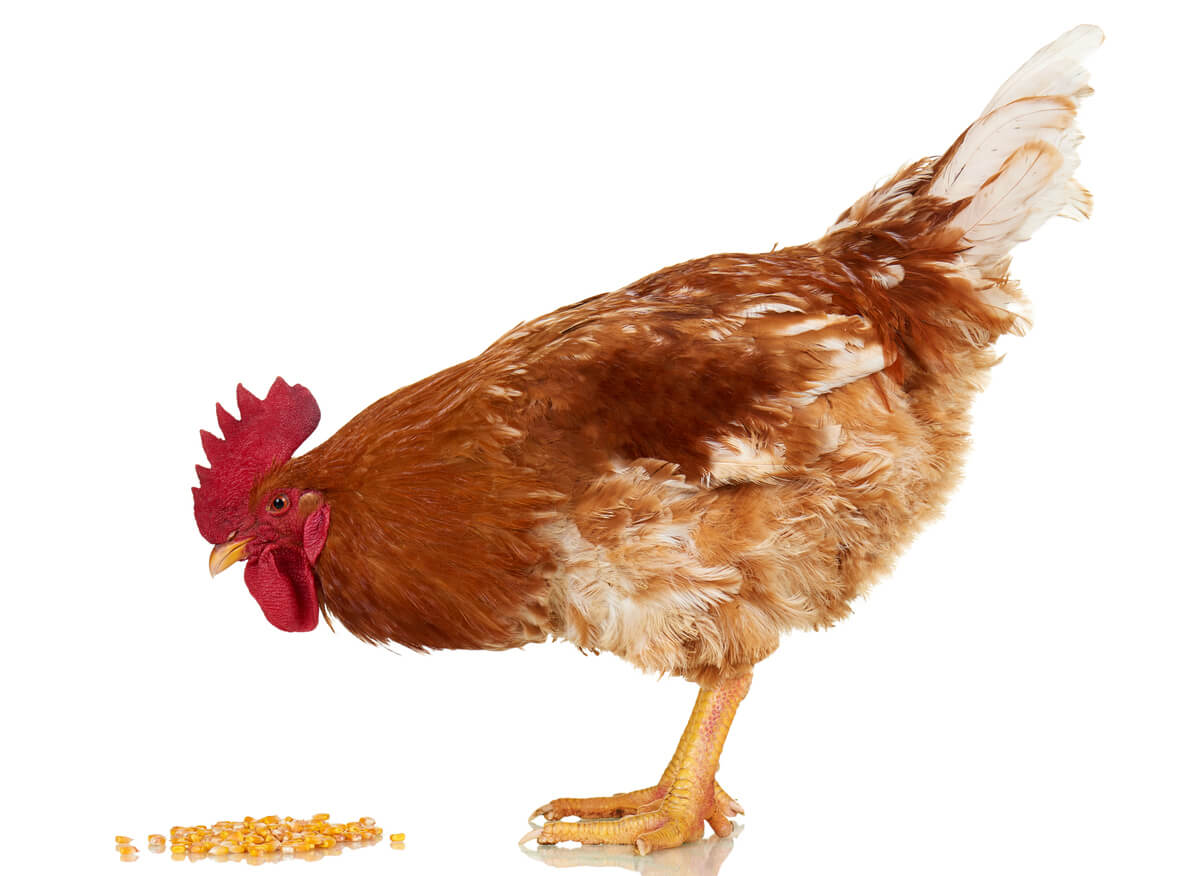
Who Should Conduct Ochratoxin Testing?
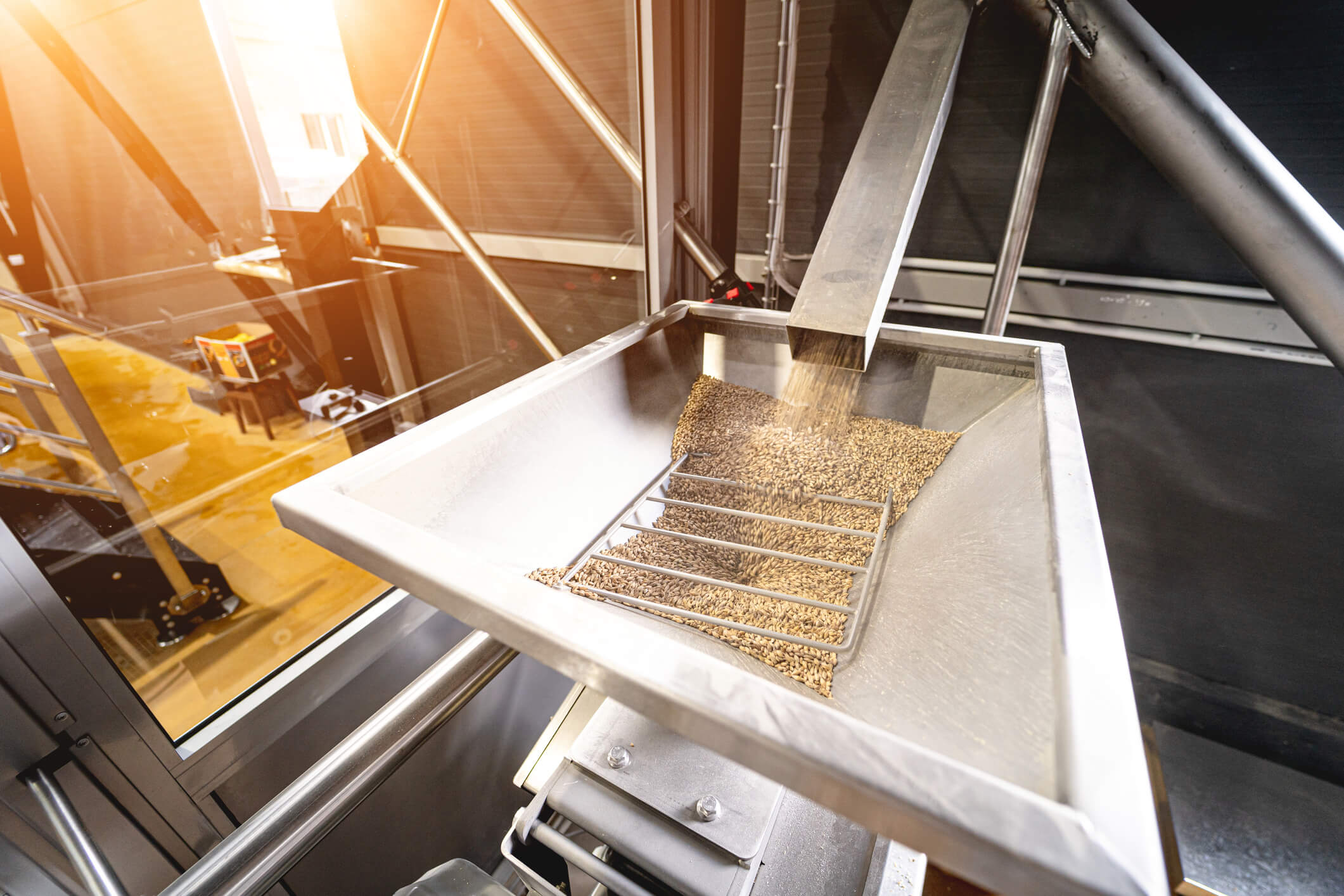
Farmers, ranchers, grain handlers, grain mills, and animal feed producers should include ochratoxin testing in their processes. Higher levels of ochratoxin are found in raw foods than in processed foods.
Crops and foods at high risk for ochratoxin A include pork, poultry, corn, fruit, nuts, coffee, and grains. Risk factors for ochratoxin include poorly maintained storage, high moisture levels, and temperatures between 60-85°F.
Why Choose Charm Sciences for Ochratoxin Testing?
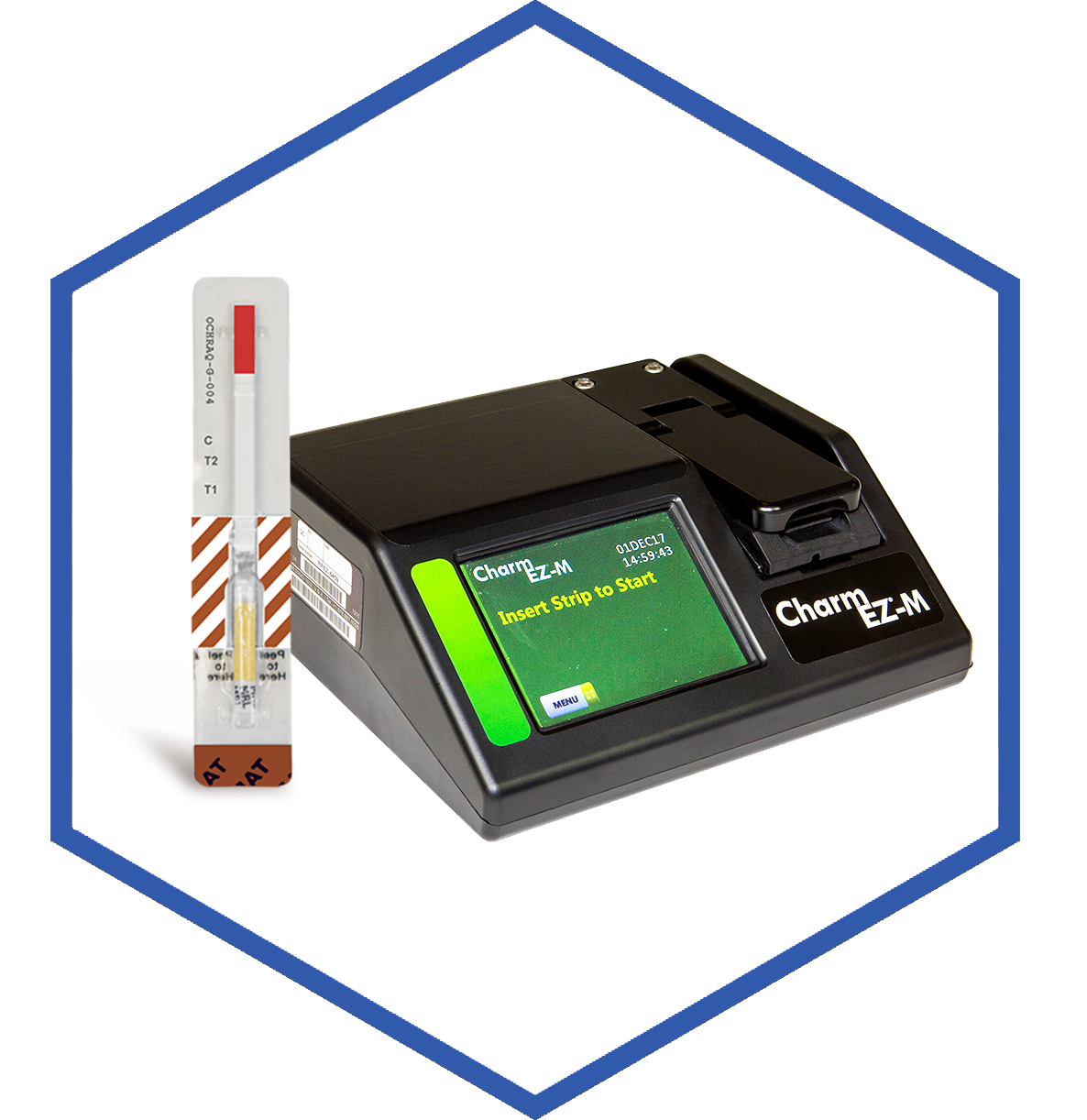
Regular testing for ochratoxin is essential to consumer safety and product quality. With Charm Sciences’ ochratoxin test kits, your operation can receive accurate, rapid results for early detection and mitigation of the mycotoxin.
The Charm team has over 150 years of combined experience providing rapid diagnostic tests for safe food production and sanitation verification. We offer 24-hour customer support and top-tier data management for reliable testing solutions.
When you choose Charm Sciences for ochratoxin testing, you can count on Federal Grain Inspection Service (FGIS)-approved methods. Contact us to learn more about our ochratoxin testing kits.
Ochratoxin Test Available
OCHRAQ-G Test
Ochratoxin is produced by the molds Penicillium and Aspergillus and is known to cause nephropathy in farm animals.
Contact Sales
Have a sales question? Send us a message and a sales representative will contact you.
